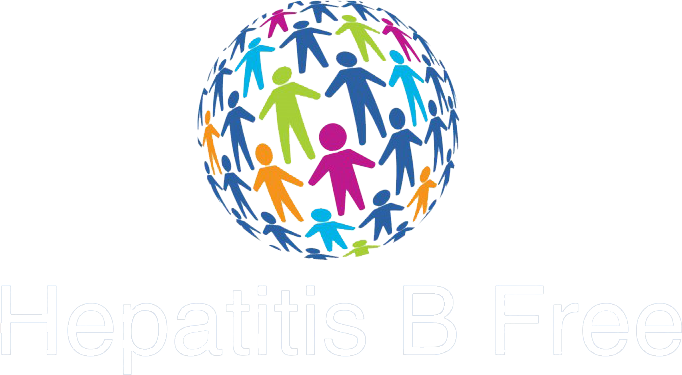September 2024 Update
Dear supporters,
We are pleased to bring news of our latest activities since our last report. We continue to be grateful for your encouragement, gifts, and support that enable us to pursue Hepatitis B Free’s goal of elimination of the scourge of hepatitis. As we continue to mature some of our existing projects, we are excited to tell you about new ones.
In June a small team from HBF went to Tonga to provide patient care and to engage in discussions about expanding the hepatitis program to the outer islands. A partnership with organizations from New Zealand is developing which will provide more opportunities for training, testing, and treatment. HBF and its partners recently applied for a large grant that would provide funding for community-based hepatitis management in Tonga, a model which we feel is essential in hepatitis elimination programs.
In July, a team of four medical professionals from Hepatitis B Free travelled to Kiribati to work alongside healthcare providers from The Ministry of Health & Medical Services in South Tarawa and in Butaritari, one of the outer islands. This was the first use of funds from a recently received grant from the Australian Government’s Department of Foreign Affairs and Trade (DFAT) to address existing service gaps in the outer islands and to collaborate with local health staff and community groups. The visit to South Tarawa focused on patient care, Fibroscan (using recently donated equipment) to assess for liver fibrosis, and expert consultation. Endoscopy services were also supported, and epidemiologic research along with data collection was performed. World Hepatitis Day, July 26, was celebrated with a commemoration in the main square at the capital. After a long boat ride to Butaritari, HBF upskilled local staff, assessed patients, and provided education to increase community engagement and awareness. Our goal is to visit 2 more of the inhabited outer islands each year, assess the population, train local healthcare workers and eliminate hepatitis one island at a time. Grant proposals have been submitted to fund this goal. On our next visit in December, we plan to work at one of the Line Islands, Kiritimati, a chain just west of the International Date Line.
In August, Drs. Alice Lee and David Hilmers travelled to Mongolia, along with our long-term partners from Christian Friends of Korea (CFK). We had fruitful discussions about providing hepatitis treatment and training with local faith-based groups, other NGO’s working in Mongolia, private clinics, and members of the Ministry of Health. Mongolia has the highest rates of liver cancer in the world, linked predominately to untreated hepatitis B and C. The country also has the world’s highest rate of co-infection with hepatitis B and hepatitis D. It is the least densely populated country in the world which makes hepatitis elimination in remote areas extremely challenging. There are many needs that have been identified, and we see a number of opportunities to assist in hepatitis elimination, particularly outside the capital. There are many challenges awaiting us, but we are excited about the possibility to work in Mongolia.
Later this month a HBF team will travel to Madagascar to follow up on our work that we started in April 2023. We will be visiting two new sites in the central part of the country and hope to be able to expand the work that we began in the capital, Antananarivo. There are so many needs in Madagascar, and we are seeking support for a wide range of services, including test kits, medications, and vaccinations.
A big shoutout goes to Sue Huntley, a founder and Director of HBF, who has been named a 2024 Global Hepatitis “Elimination Champion” due to her tireless advocacy and leadership in the fight against Hepatitis B across the Asia-Pacific region. The “Elimination Champion” awards are presented by the Coalition for Global Hepatitis Elimination to recognize the contributions made by individuals who have demonstrated excellence in improving political commitment, policies, and programs that accelerate progress toward viral hepatitis elimination, particularly in areas with limited resources. We are very proud of Sue who works behind the scenes to take care of all the details that make our efforts possible.
Finally, we published an article in the Lancet-Western Pacific that described our elimination protocols in remote regions. We also completed a book chapter that will be included in an upcoming publication. We will be providing links to our academic efforts on our website. Again, we thank you for your support and look forward to reporting more progress in the struggle against hepatitis.
Best wishes,
David Hilmers
Chief Medical Officer
